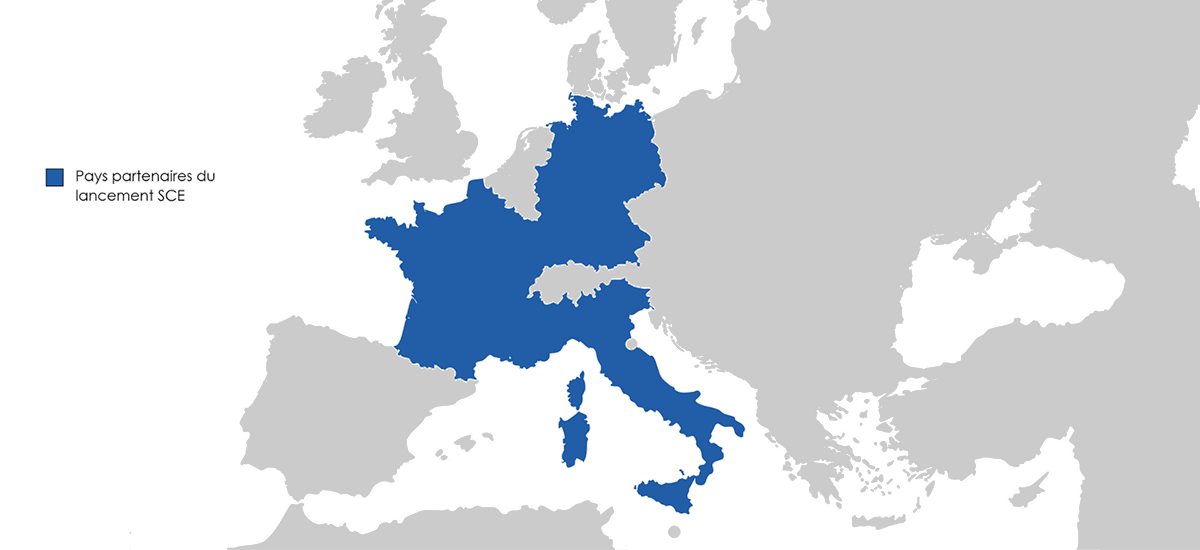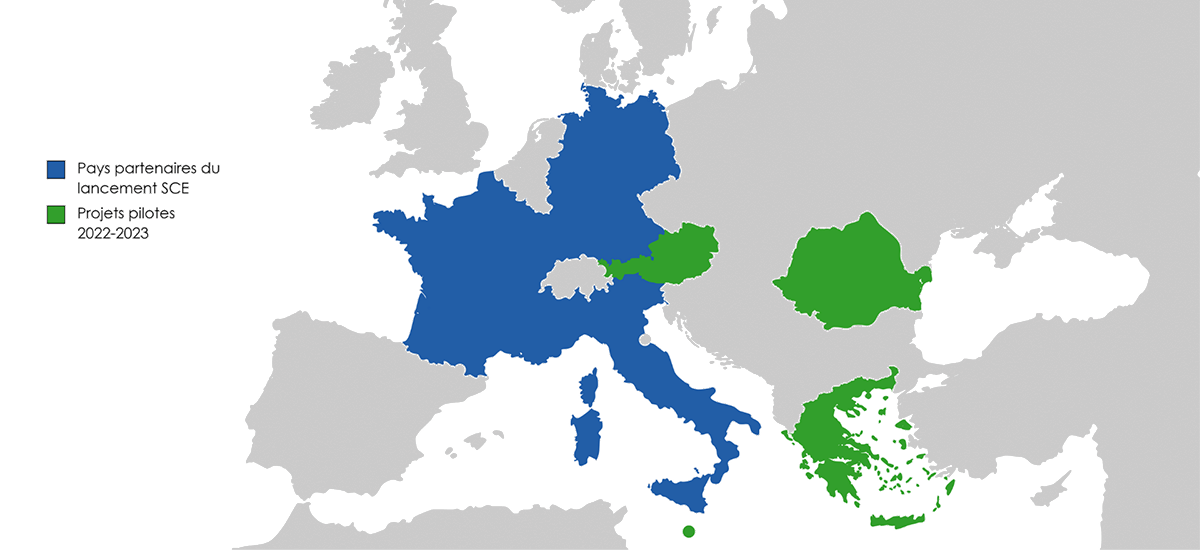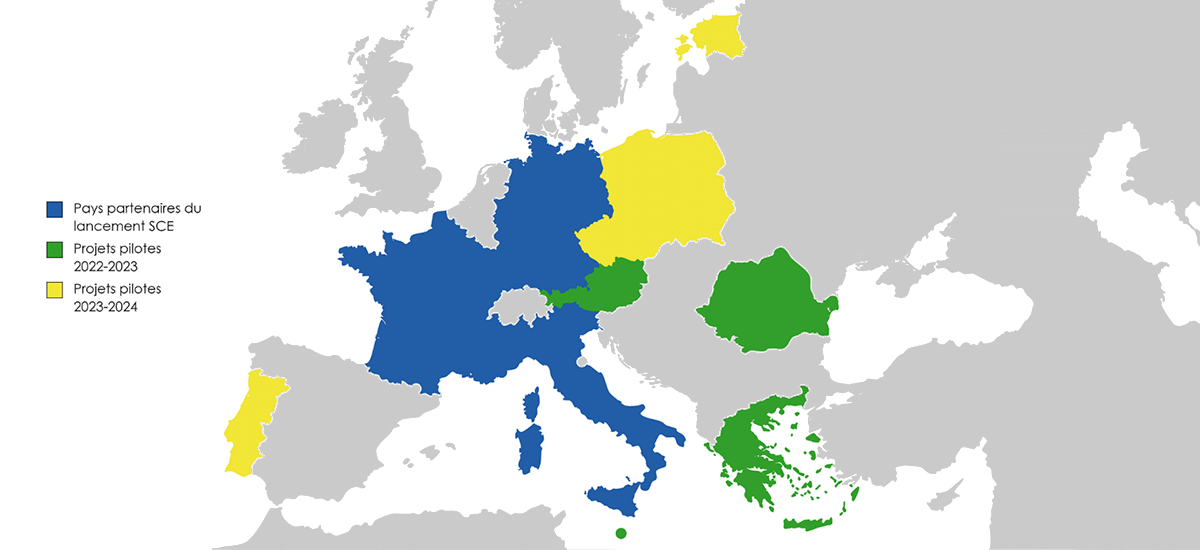The European Civic Service
In some countries, national civic service already enables young people to make a commitment, and the European Solidarity Corps, financed by the European Union, enables 50,000 volunteers a year (out of 4.7 million in a European age group) to do so in another country.
Despite everything, this opportunity is still too limited and elitist.
To meet the needs of generalization to all, European civic service is:
- 6 months' civic service - or long-term youth volunteering programme - in your own country, to live and work alongside young people from all over Europe (50% local, 50% in mobility), while preparing for your departure, including linguistic preparation.
- Then, 6 to 12 months of European citizenship mobility in the country of their choice, through the European Solidarity Corps.
Young people carry out their assignments in mixed groups - known as SCE promos - made up of 50% nationals and 50% Europeans.
A progressive mechanism for inclusion, particularly for Young People with Fewer Opportunities (YPLO).
The advantages? intercultural encounters, sharing, solidarity, immersive learning and leaving as a European experience.
There are no prerequisites: volunteers simply choose their destination and mission from among our partners.

The development of the European civic service
SCE promos in existence since 2021, and being rolled out across the country:
- France : French civic service then 6 to 12 months in ESC
7 promos SCE within Unis cité - Italy : Servizio civile universale + ESC (5 promos SCE)
- Germany : FSJ + CES (2 promos)

Pilot projects launched in 2022-2023 :
- Malta : Launched in October 2022, the Malta Council of Voluntary Sectors is organising its Youth volunteering scheme and the ESC.
- Greece
- Romania
- Austria

Pilot promotions coming up in 2023-2024:
- Czech Republic
- Estonia,
- Poland,
- Portugal

An SCE promotion in a few figures

"Young people with fewer opportunities always make up at least 50% of promotions".
Belonging to the YPLO category is based on: level of education, social conditions, migratory origin or membership of an ethnic or sexual minority, disability, economic conditions, or location (rural area or urban periphery with below-average GDP).
Of our volunteers, 90% go through with the experience and love it. Only 8% do not continue with mobility after their national experience, but prepare it for later. 2% drop-out rate (all within the first two weeks)
"204 young people completed an SCE as part of our experiment".
After the experience, 100% of the volunteers declared themselves to be European, 90% were interested in the European Union, its countries and its institutions and 80% would recommend the Européens & Solidaires mission to another young person (20% said only maybe).
Data on a Unis-cité promotion
